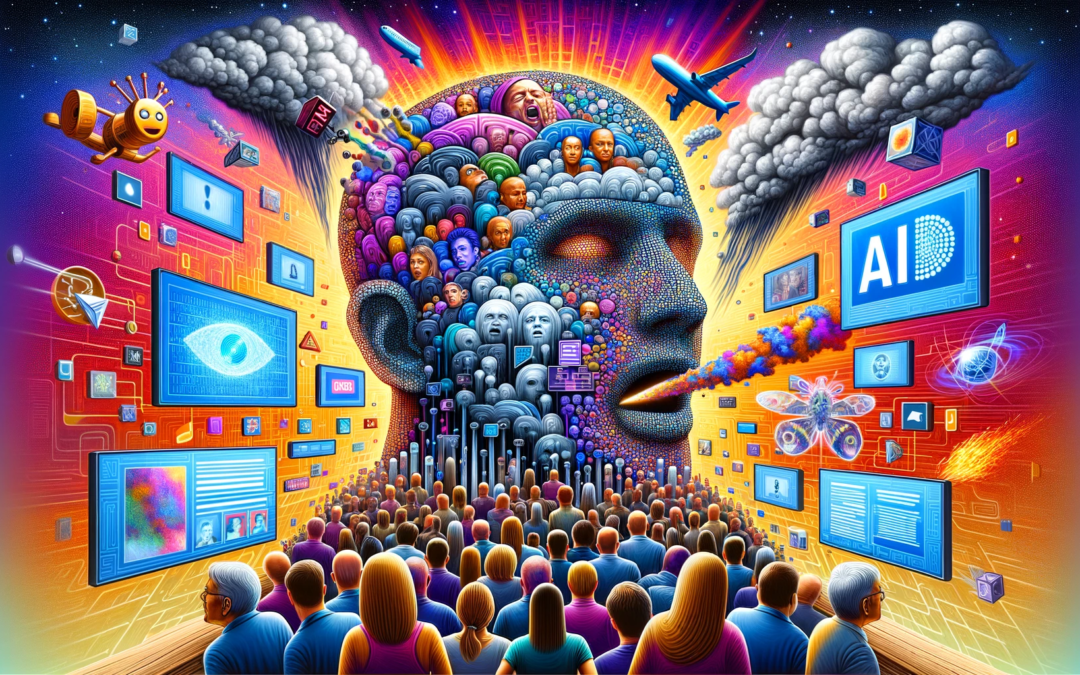Behold a world where truth and fiction are so seamlessly intertwined that it becomes nearly impossible to discern one from the other. Welcome to the age of AI-driven misinformation, where sophisticated technologies are harnessed to create and spread false information at an unprecedented scale. In this blog post, we will explore the potential consequences of AI-driven misinformation on global politics and society, and why it’s a cause for concern.
AI and the Spread of False Information
AI has evolved to a point where it can generate highly convincing yet entirely false content. From deepfakes that manipulate videos to fake news articles that appear to be written by humans, the capabilities of AI in spreading misinformation are truly mind-boggling. The speed and scale at which AI can disseminate false information is alarming, posing a significant challenge to our ability to separate fact from fiction.
Impact on Public Opinion and Democracy
One of the most concerning aspects of AI-driven misinformation is its potential to influence public opinion and undermine democracy. When people are bombarded with false information, it becomes increasingly difficult for them to make informed decisions. Trust in media and institutions erodes, and the very foundation of democracy is shaken. Political processes, elections, and democratic governance are all vulnerable to the manipulative power of AI-generated misinformation.
Societal Divisions and Unrest
AI-driven misinformation has the potential to exacerbate existing social and political divisions, leading to increased polarization and even conflict. We have already witnessed instances where misinformation has fueled real-world consequences, from civil unrest to violence. The impact of AI-generated false information on society cannot be underestimated.
Combating AI Misinformation
Addressing the threat of AI-driven misinformation requires a multi-faceted approach. Fact-checking initiatives, AI detection tools, and media literacy campaigns are all essential in the fight against misinformation. Governments, tech companies, and civil society must work together to develop effective strategies to combat the spread of false information by AI.
Ethical and Regulatory Considerations
While AI has the potential to be a force for good, its misuse in spreading misinformation raises ethical concerns. We must carefully consider the implications of using AI to create and disseminate false information. Regulatory measures may be necessary to prevent the abuse of AI in destabilizing society through misinformation.
Conclusion
The age of AI-driven misinformation is upon us, and its potential to destabilize society and politics should not be taken lightly. It is imperative that we recognize the urgency of this issue and take proactive steps to address it. By fostering awareness, promoting media literacy, and implementing effective measures, we can strive to maintain social stability and preserve democratic integrity in the face of AI-driven misinformation.
Join the conversation and share your thoughts on the risks of AI in generating and spreading false information. Together, let’s work towards a future where truth triumphs over fiction.










